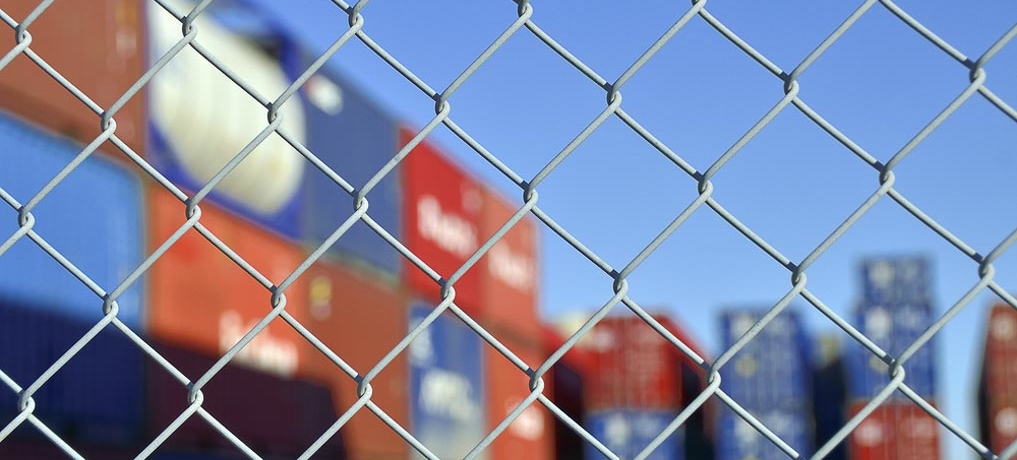Last week, the United States shocked the international trade community by implementing 25 percent tariff on steel and 10 percent on aluminum for its closest trading allies, the European Union, Canada, and Mexico. While the greater culpability of steel and aluminum overcapacity rests with China, the U.S. believes transshipping, currency under-valuation, subsidies and other non-tariff barriers from trading partners across the board has weakened American manufacturing enough to invoke action under Section 232.
Section 232 of the Trade Expansion Act of 1962, gives the executive branch the ability to conduct investigations to determine the effects on national security of imports, and, if found threatening, to adjust imports, as necessary, using tariffs or quotas. In February 2018, the Commerce Department publicly released Section 232 reports on imported steel and aluminum which concluded that the quantities and circumstances of steel and aluminum imports “threaten to impair the national security,” as defined by Section 232.
International response balked at claims that America’s closes allies were undermining national security, and promised to pursue legal action of their own. The European Union and Canada have opened cases in the World Trade Organization (WTO) to question the validity of the action. Canadian Prime Minister, Justin Trudeau, expressed “The idea that we are somehow a national security threat to the United States is quite frankly insulting and unacceptable.”
RETALIATORY RESPONSE
- The European Union posted a 10-page long list of tariffs it will place on U.S. imports and has initiated complaint with the WTO.
- Canada’s countermeasures add up to $16.6 billion CAD in imports of steel, aluminum, and other products from the U.S.
- Mexico released a list of U.S. goods that are facing import tariffs as they are phased in from June 5 through July 5. NAFTA benefits have been suspended for the list of products, and tariffs of 7%, 10%, 15%, 20%, or 25% will be been levied.
Stay with Green as we continue to monitor and report on this developing story by following us on Facebook, Twitter, and LinkedIn.






